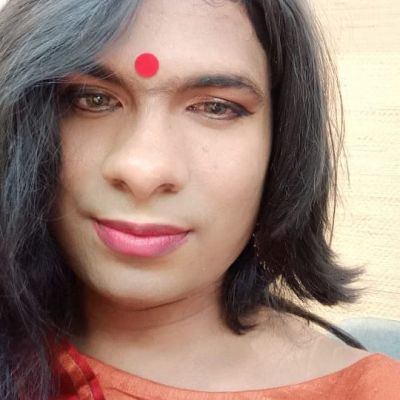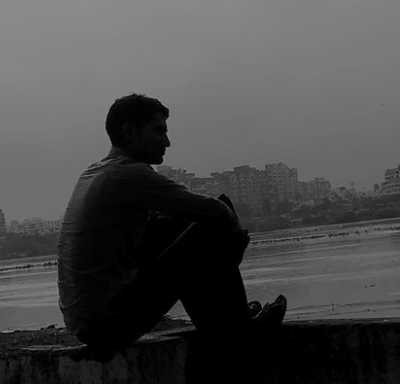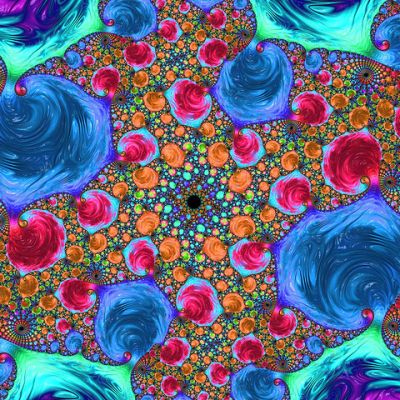LGBTQ
As we move into a new year and a new decade we hope to be moving towards a more just and peaceful world, especially given the troubled times that people all over the world have been and are currently experiencing. And so, in this new year, we wish you lots of SISA spaces through 2020 and beyond!
As the fire rages on and licks of flames get higher and higher, the burning desire, tension and sexual chemistry between the two rises to a crescendo. Heloise gets so consumed that a part of her dress catches fire, but it is quickly put out by the other women present there.
Sexual rights include the right to express one’s sexuality freely, without discrimination on the grounds of sexual orientation, and to have access to provisions in the legal framework that are all-inclusive and offer protection whenever the need arises.
Puu, an episodic comic (consisting of 92 serialised episodes) created in 2016 by Nabigal-Nayagam Haider Ali – going by Nabi online – is woven together with vast, expansive threads of similar intense spiritual moments and reflections on devotion, faith, and love.
Shikha Aleya interviews Daniel Mendonca who identifies as an intersex person and is a gender rights activist who has engaged with diverse groups of people in India and other countries, to expand awareness, build empathy and foster an environment that is accepting of diversity.
Masculinity once upon a time was just a word we studied in school, whose sole purpose was to differentiate binary gender in the society. Now masculinity is a criteria of a certain job that a person has to perceive to be called or termed as one.
From maintaining safety to the maintaining of boundaries, privacy plays a crucial role in informing our sexuality and preserving our sexual wellbeing
People in the city move from their homes to their workplaces and back to their homes. The production of this everyday rhythm of the city makes people accustomed to the sexual overtones that come with it.
Our sexuality is often in flux – being manoeuvred (sometimes in ways we cannot control) by the crashing waves of societal expectations, circumstances, and our own choices and experiences. But the world continues to uphold a fixed, rigid idea of sexuality, and continues to confine us within this idea, and therein lies the conflict.
After the underwear slips off, does the underwear brand really matter? The underwear may mean different things for different people. It may evoke desire or may hinder access.
In our mid-month issue, we have the second part of the Shikha Aleya’s interview with six different people talking about aspects of sexuality and diversity from their own particular space of personal knowledge, as well as work, advocacy, art and activism across diverse fields.
In my 27 years of existence, I’ve embodied various personas and roles. Even today, I behave slightly differently in the office, around parents, at a party and when I’m alone in my room. In the mornings I’m often a lawyer, whereas during evenings I become an artist.
The researchers also concluded there was no evidence that children raised by a single parent or same-sex couples were less competent or well-rounded than other children. If anything, studies of single-parent families show these men and women are more flexible in their parenting styles than they are given credit for.
For the two-part interview section of this month’s In Plainspeak, Shikha Aleya spoke to a few individuals who continue to push the boundaries of their work, art, and social norms, and expand the understanding of diversity and sexuality.
There is no singular way of being queer or performing queerness. We are all products of converging and diverging histories and our queerness is shaped by forces tangible and intangible in the everyday.















